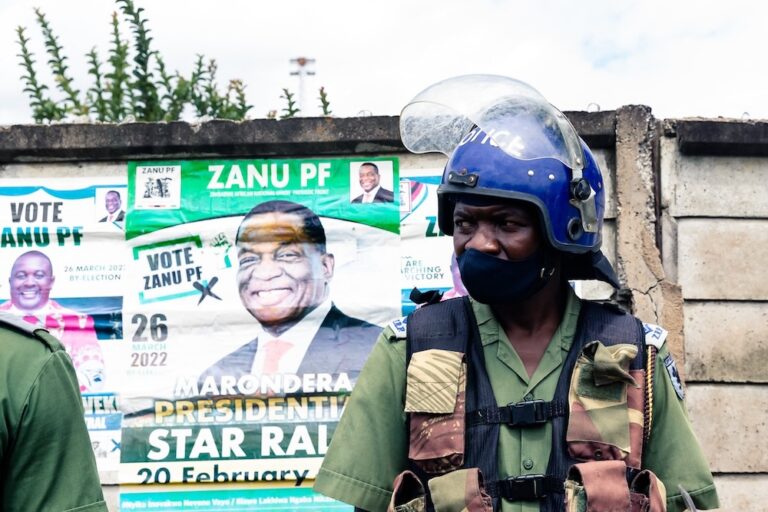On 8 March 2000, the Postal Telecommunications (PTC) Bill of 1999 was passed by parliament with allegedly little opportunity for public debate. According to the system administrator of the MANGO non-profit e-mail service, Jim Holland, the parliamentary decision went ahead without consultations from Internet Service Providers (ISPs). He alleged that the ISPs have a liaison […]
On 8 March 2000, the Postal Telecommunications (PTC) Bill of 1999 was passed by parliament with allegedly little opportunity for public debate.
According to the system administrator of the MANGO non-profit e-mail service, Jim Holland, the parliamentary decision went ahead without consultations from Internet Service Providers (ISPs). He alleged that the ISPs have a liaison committee that has met with the government from time to time, but that the committee was not given any formal notice of the bill, nor were they included in a seminar between the government and private sector interests which was allegedly held at the end of February.
Holland commented that “vague transitional arrangements” would not guarantee that some organisations would be allowed to continue operating during the period between the law coming into effect until applications for licenses had been determined.
Holland also pointed out that the lack of any appeal procedure against the presidentâs directions in Section 96 of the bill would violate Section 18 (9) of the constitution, which guarantees: “a fair hearing within a reasonable time by an independent and impartial court or other adjudicating authority established by law in the determination of the existence or extent of his civil rights or obligations”.
BACKGROUND:
The PTC Bill seeks to establish a regulatory authority to be named the Postal and Telecommunications Authority Board, which will regulate and license postal and telecommunications service providers. The board will be composed of five to seven members appointed by the president after consultation with the minister of information.
The bill grants the president authority to order any telecommunications service provider to do or not do anything he directs, and stipulates that the provider is not allowed to reveal that it is in receipt of such an order or is carrying out the actions specified in the order. The bill holds no requirement for any such order to be determined by a court of law. Penalty for any breach of the Act is Z$200,000 (approx. US$5,260), or two yearsâ imprisonment, or both.
The bill reads: “If in the opinion of the president, it is necessary in the interests of national security or the maintenance of law and order, he may give direction that any communication… shall be intercepted or monitored in a manner specified in the direction; or any… service… shall be suspended in respect of a person named in the direction”.
Concerns have been raised that the president, as sole appointee of board members, will exercise his authority to enlist the services of friends and party faithfuls. Overall, the intended piece of legislation is viewed as draconian in that it violates any concepts of freedom of speech, freedom of communication, and guarantees of privacy.


